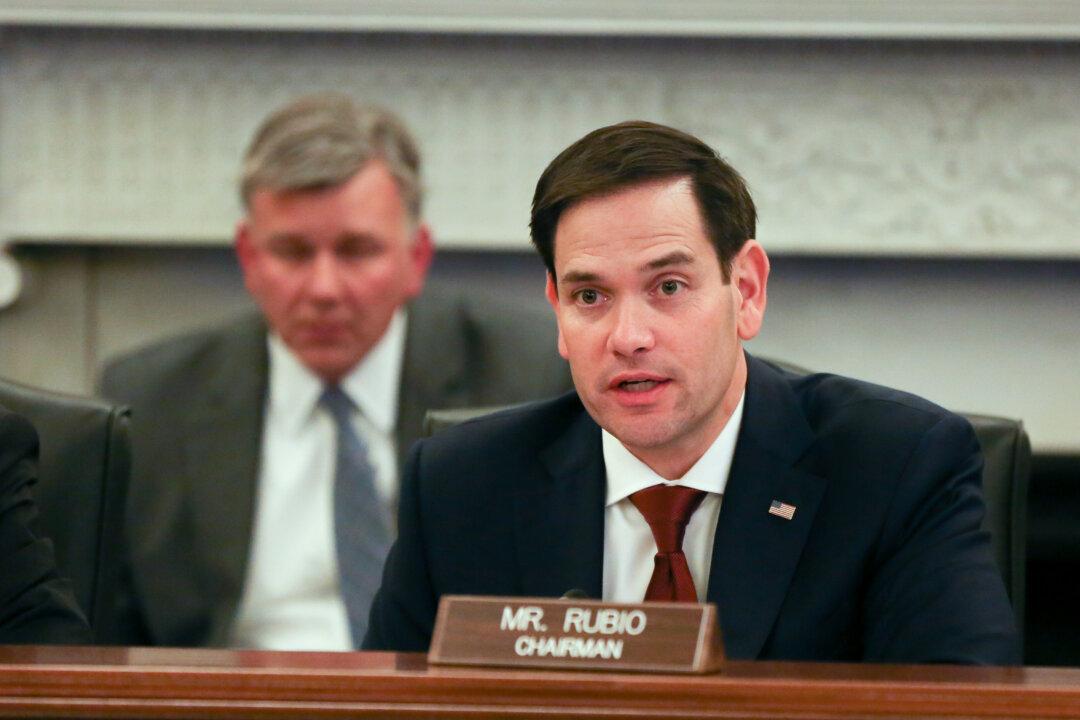Several Republican lawmakers submitted legislation that attempts to expose how much U.S. investment is flowing to China and supporting sensitive sectors and companies trying to undermine the United States.
Sens. Marco Rubio (R-Fla.) and Rick Scott (R-Fla.) introduced the American Investment Accountability Act on Dec. 12. The proposal aims to enhance the quality and bolster the frequency of outbound investment data as part of transparency efforts. The legislation also would mandate that information about U.S. investment in China be given to Congress regularly.





